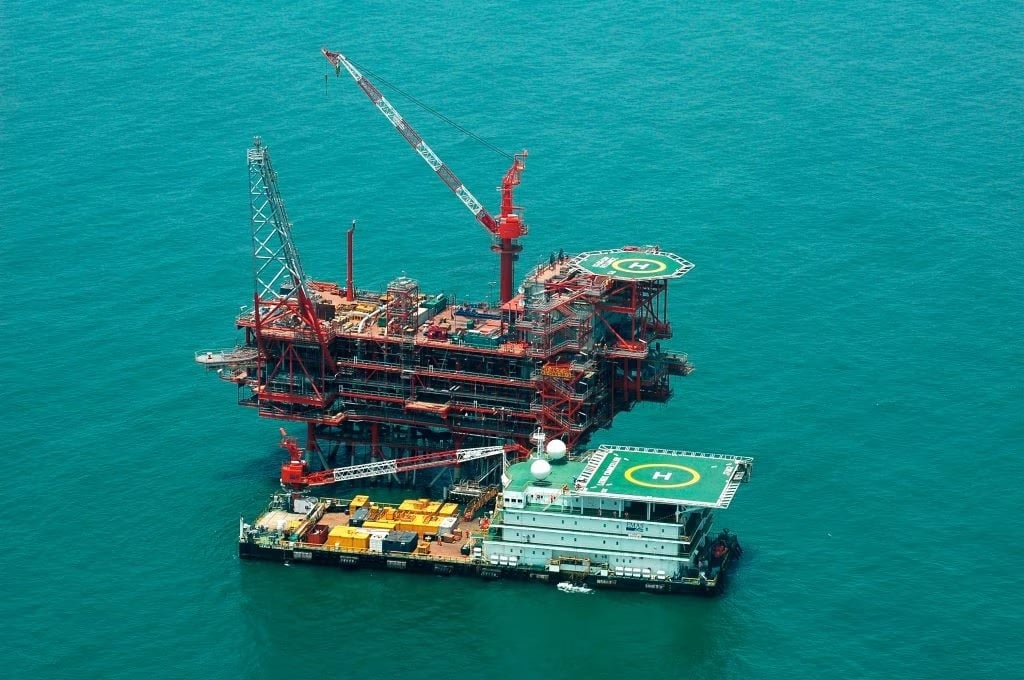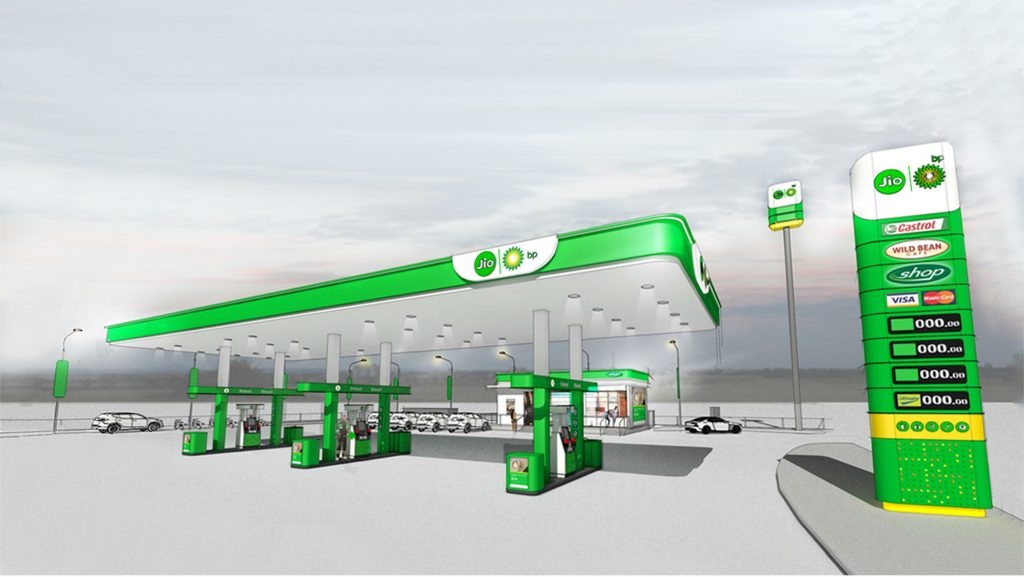British oil giant BP is backing away from a policy of reducing oil and gas production, instead adopting an investment approach that relies on a balance of fossil fuel investments and energy transition projects.
A significant rise in global energy prices has necessitated investment in oil and gas production to avoid these sharp price hikes, a senior official of a British company said. . ReutersOn Saturday 26th August (2023).
The company official pointed to the need to do both things at the same time, marking a reversal in the direction of British oil major BP, which three years ago announced its intention to reduce its production of hydrocarbons by 40% as part of its plan. In the current decade, the special energy seen through the site published by the site CNN BusinessAugust (2020).
Balanced investment
Bernard Looney, CEO of British oil major “BP” in New Delhi, said global gas prices have increased 7 times compared to last year’s (2022) prices.
“For this, the world needs to invest in oil and gas production,” he said, according to reports monitored by the Special Energy Platform.
A British company official explained that the Russian invasion of Ukraine has led to a 3% shortfall in global gas supplies. This forced countries to increase spending on securing energy supplies and switch to coal.

“By investing in oil and gas projects – today – responsibly, we must, at the same time, invest in accelerating the energy transition,” said Bernard Looney at the G20 Business20 conference.
In a related context, the International Energy Agency expects production to reach a record level of 2.2 million barrels per day in the current year (2023). Dependent on oil and gas.
“A smooth transition to clean energy requires investment in today’s energy system,” which still relies primarily on oil and gas, he continued.
and achieved Business results British oil major BP posted a net profit of $4.96 billion in the first quarter of 2023, and $4.8 billion in the fourth quarter of last year (2022).
Eliminate the reduction in oil production
The reports come in confirmation of earlier statements by the company’s CEO Bernard Looney – during a press interview – that he intends to abandon its plans to cut oil and gas production in the coming years. leading to higher carbon emissions than expected.
The change appears to be a reflection of changes in the geopolitical environment, caused at least in part by the war in Ukraine, which has led to higher oil prices, particularly natural gas, according to an article published by the newspaper. The New York Times American.
The comments came as British oil major BP reported annual profit of $27.7 billion for 2022, double the adjusted profit for 2021, according to figures tracked by the specialist energy platform.
With the huge profits achieved by oil and gas companies, the British company says it wants to increase investments in fossil fuel production by about $1 billion annually for the rest of the current decade, in addition to its previously announced plans.
“The conversation 3 or 4 years ago was more or less about clean energy, low-carbon energy, but today there’s a lot of conversation about energy security and energy affordability,” he added.
Analysts say the change in Looney’s statements could signal a major shift in direction for BP and other European oil majors.
British Petroleum and Energy Transition
British oil giant BP wants to invest 40% of its capital in the middle of the current decade and 50% by the end of the decade at a rate between $55 billion and $65 billion, Bernard Looney said.
It is worth noting that the British company is investing in clean energy projects along with its Indian partner Reliance Industries Ltd. In these projects, up from 750 charging points in January (2023), 3,000 charging points for electric cars have been installed so far. And both the companies have installed 300. battery transfer station.

Regarding investment in the energy transition sector, Looney said the energy transition must be organized; This is despite global efforts to contain the rising emission levels since the 2015 Paris Climate Change Conference.
It is worth noting that the investment arm of British oil giant BP has bought a stake in electric car service “BluSmart”, a growing company for passenger transportation.
Related topics..
Also read this..

“Award-winning beer geek. Extreme coffeeaholic. Introvert. Avid travel specialist. Hipster-friendly communicator.”
